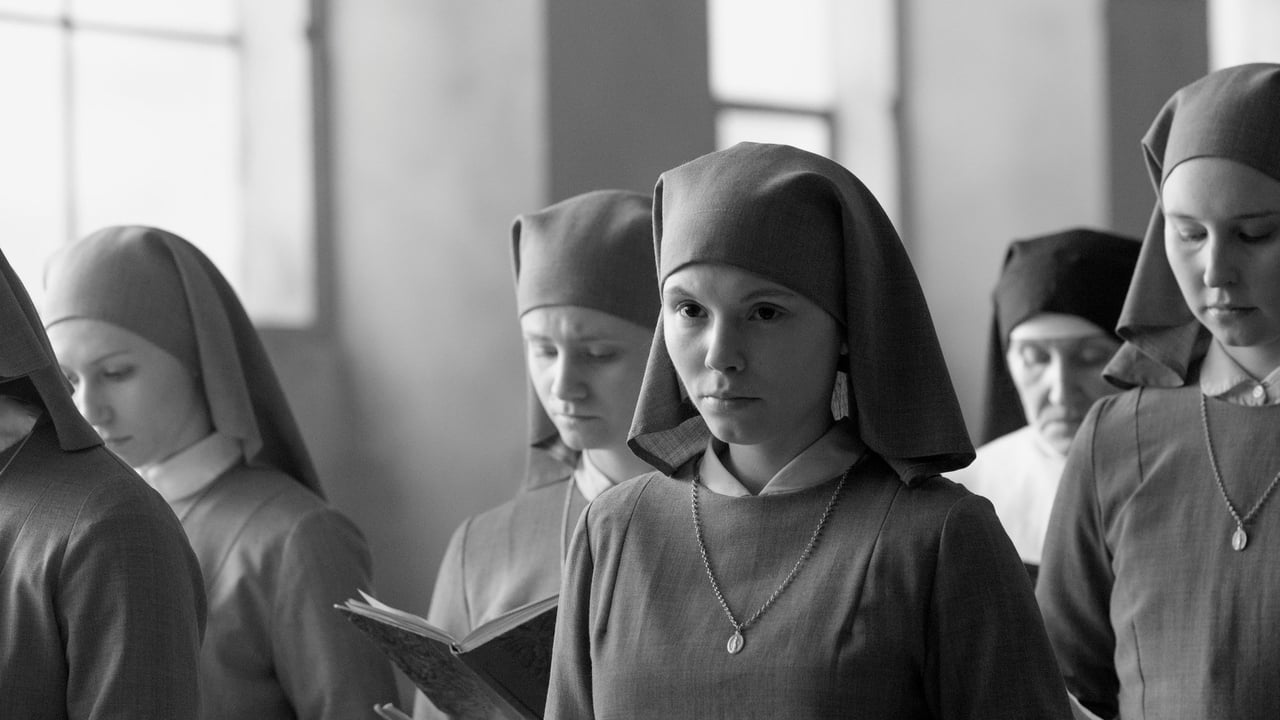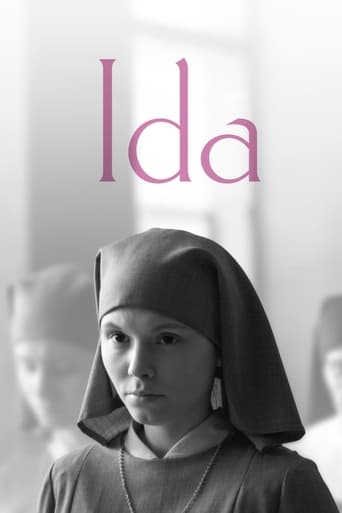

I believe they call this kind of film 'world building.' It's an apt description of the results of a talented production team using budget and effects to sustain a convincing environment in which you can immerse yourself. In my view, such is the potency of projects like this, actors are there primarily to compliment this imagined civilisation. In 1982, the original 'Blade Runner' achieved this perverse enigma very convincingly. Here all these years later, is the sequel.There was some mild controversy concerning original composer Vangelis not being assigned to provide a soundtrack for this, but Benjamin Wallfisch and Hans Zimmer's score is impossible to fault. Vast, weird, laced with industrial swirls and chunky klaxons. Denis Villeneuve's direction is vast and eccentric, exactly as it should be, and the myriad of art directors ensure that the society, the interiors, the streets, even the habitat of Rick Deckard (Harrison Ford of course: grizzled, isolated, but still very much the same character we knew 35 years ago) is as impressive and spacious as it could be, an arena so absorptive and convincing, you can completely drink it in. My problem is, at 2 hrs 44 minutes, I really felt the need for a change of flavour after a while.It's impossible to be impressed at wonderful representations of an intricately carved tale for that length of time with no change of tone throughout, no levity, no particular sense of strident drama and only an irregular threat (Sylvia Hoek's splendid Luv). We have K (Ryan Gosling) and his girlfriend Joi (Ana de Armas, who, as a perfectly pouting, characterless hologram, is very good) and the very slow story of Deckard's 'improbable' child Rachael, and the long trek to locate her. It is good, but thinly stretched over such huge running time. Wrapping it in the beauty of almost overwhelming effects and atmosphere is an impressive compensation, however.
... View MoreScenography and pictures are well done, and it rescue movie form compleat disaster. Sadly there is nothing more positive one could say anles is politically motivated. It is another take after "Poklosie" (Aftermath -2012) weak and sad piece of misrepresentation of historical facts. Story is told without balance and proportion that should come when dealing with this kind of narreative. So like in "Aftermath". Again complex polish - jewish relationsships, are clumsily flattened into plot in with younger generation discovers mords committed by polish peasants on their neighbors during WWII. There is so little content in that movie, and so much time waisted, that could be used to educate american audience, like to speak out the true, about brutal german occupation, that was far worse from what countires in west europe had. Instead we have long minutes of looks in the eyes, and quiet and seedy speak. Simply boring. I'm not sure how much the problem was lack of proper budget, or if it was simply shaped to deliver product that would be supported by american jews.
... View MoreThe story was very simple and interesting to watch unfold, but doesn't contain anything that will blow anyone away. It is very simple, but interesting enough to last the runtime.The acting was very good. Most scenes show characters reactions to situations or just show character development by how they act. You have to learn how the character feels by context clues and emotions, it is very interesting to watch.The cinematography! THE CINEMATOGRAPHY! IT IS BEAUTIFUL! LITERALLY EVERY SHOT IN THIS MOVIE COULD BE A SCREENSHOT! JUST WATCH IT! IDA IS ONE OF THE MOST BEAUTIFUL MOVIES I HAVE EVER SEEN!
... View Moredelicacy is the basic virtue of a film who presents different bitter subjects in an inspired manner. a film about faith and roots. about life discovered by a fascinating character who seems very far by world's expectations. a film about love and sacrifice who reminds the grace and precision and science to explore the details of the cinema from the East. high lesson of cinema, it is an admirable exploration of the character's nuances. not only for the good cast or for the special art of script but for the force of silence , looks and sound of the words. a film about a young woman front with a new perspective. and her way to self definition. and the gestures who transforms the challenges.
... View More